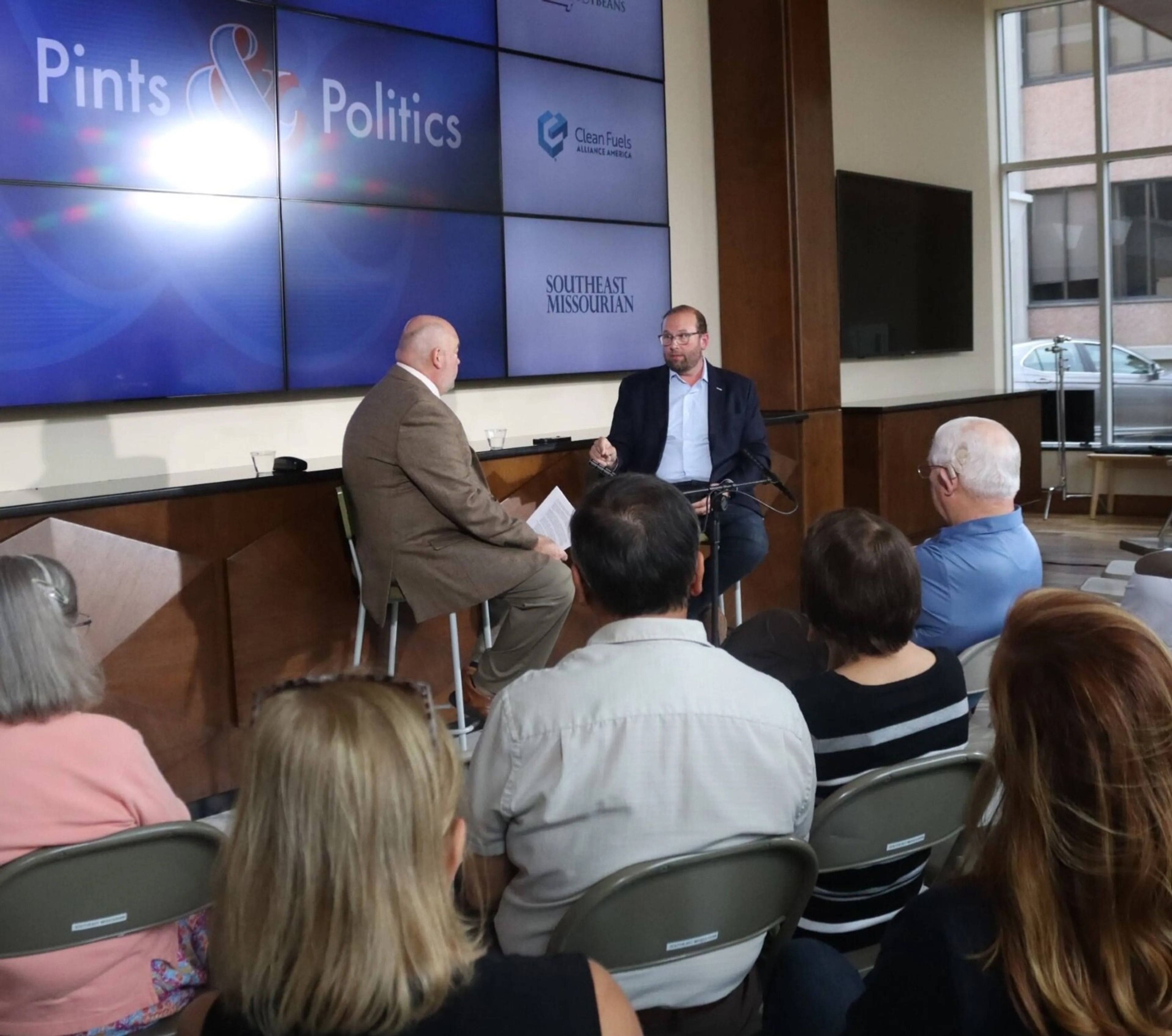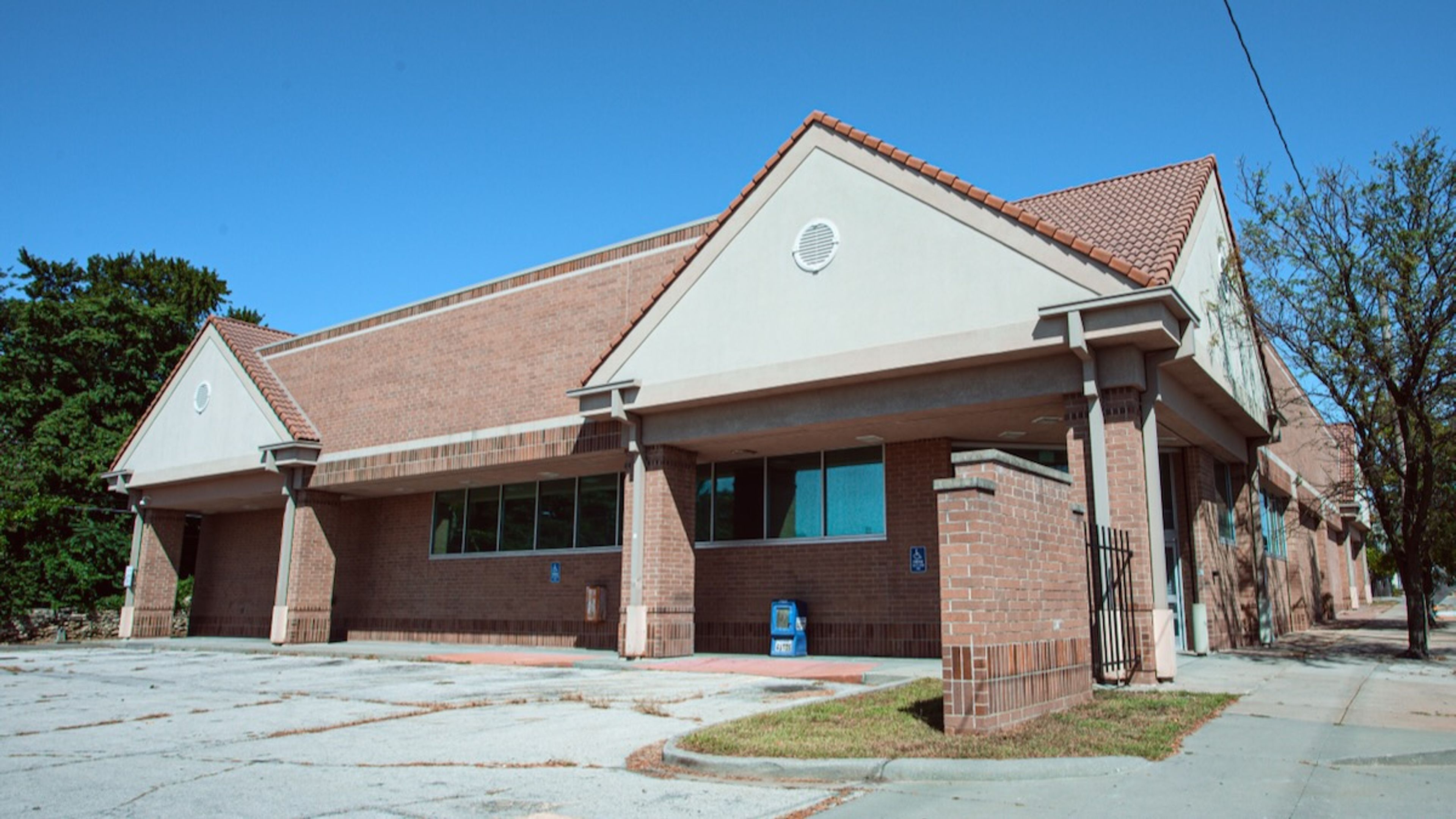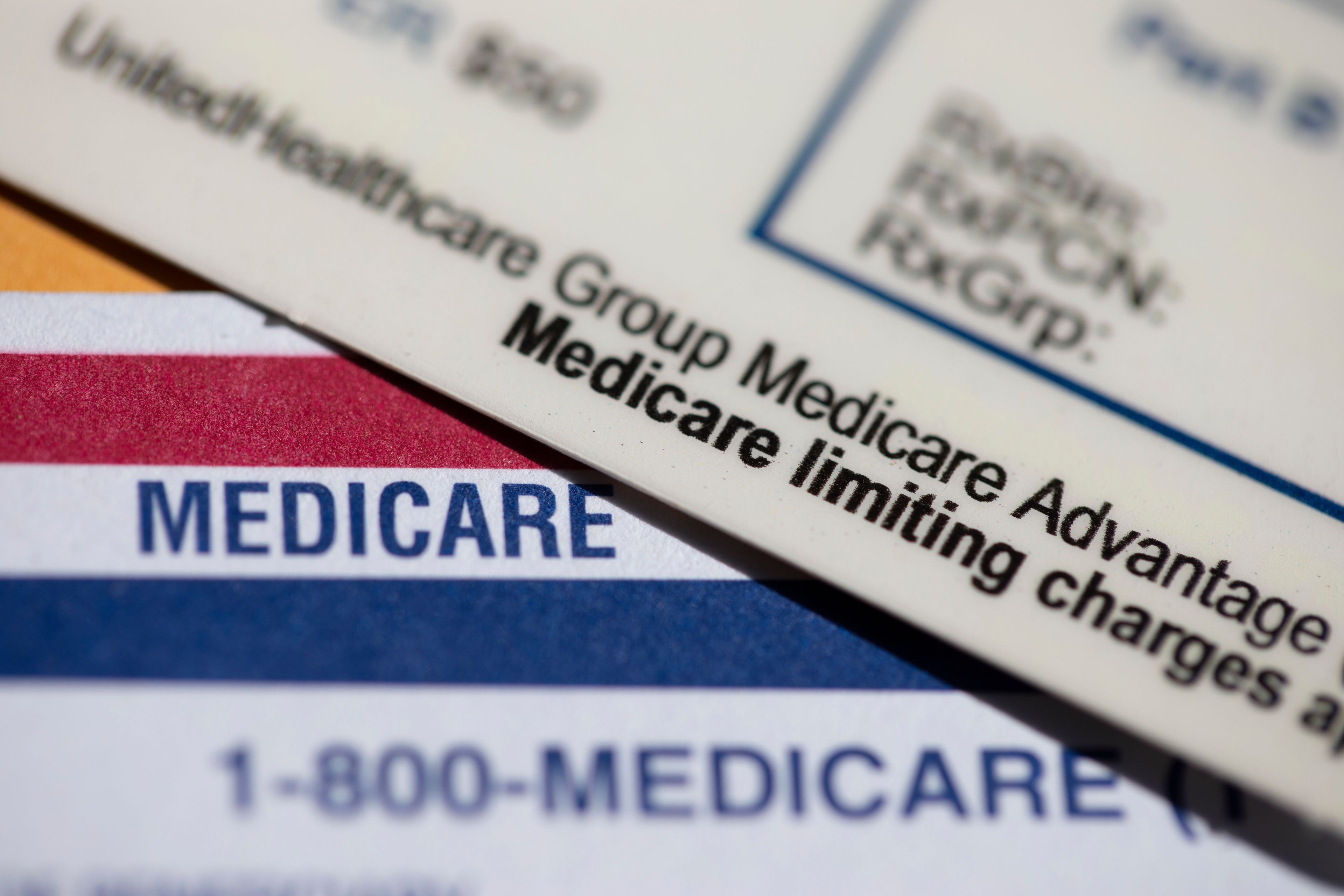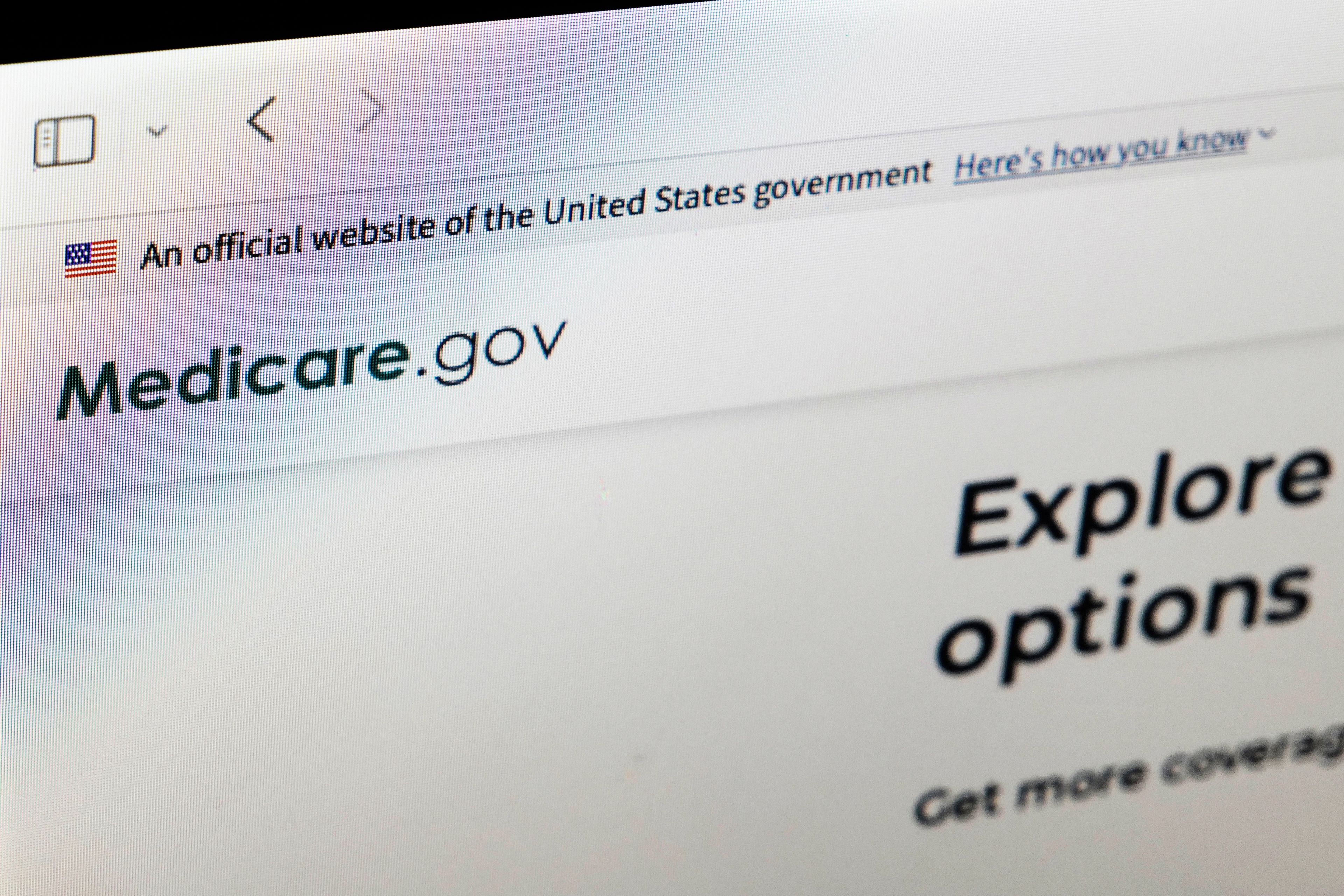Faith leaders see needs in their churches. Educators see needs in their schools. Law enforcement officers see needs on the streets and in the jails. Companies see them in the workplace. Families see them in their homes.
Mental health issues touch every aspect of the community, yet one of the least-discussed local public boards and public taxes is the Cape Girardeau County Mental Health Board.
The local mental health board is appointed by the Cape Girardeau County Commission. Its responsibility is to designate where the mental health property tax should be assigned. The board, when fully appointed, is comprised of 13 individuals. The county commission is looking to fill one vacancy.
The board will meet soon to determine which not-for-profit mental health organizations will receive the taxpayer funds. A meeting is scheduled for Wednesday, Oct. 9, to review applications, and another meeting will follow Monday, Nov. 18, to decide which institutions will receive the funding, and how much. Longtime board member Tim Schwent said the board meets four or five times a year.
Board president Dr. Scott Brandhorst said, “I think it’s a valuable board. I think it’s excellent for the residents of Cape County to actually have the tax and the funding to be able to help supplement what the organizations of this community are trying to do for individuals with mental health issues. Being a part of that is a great pleasure, and something that I look forward to, and hopefully be able to continue to do for years to come.”
How much money does the board collect?
Cape Girardeau County residents passed a mill tax — funding via real estate property taxes — in 1980, that helps fund mental health services in Cape Girardeau County, according to information from the Cape Girardeau County Archive Center. As of 2021, Cape Girardeau County was one of 11 counties in Missouri that support mental health services with such a tax, as does the City of St. Louis, according to the Center for Health and Economics Policy at Washington University. Missouri has 114 counties.
The health tax rate sits at $0.0776 per $100 assessed valuation. The rate is set primarily on the county’s overall assessed valuation as established in state statutes. They are based on revenue received, with an allowance for growth tied to the inflation rate, according Missouri's state tax commission.
The estimated total revenue is approximately $1.3 million for 2024, according to documents provided by Schwent, who is also a certified public accountant and previously worked in an administrative role at the Community Counseling Center. As property tax values and demand for services have risen, so has the revenue. Southeast Missourian archives show that in 2008, for example, the tax generated $900,000 in annual revenue. However, Schwent said, the rate has actually gone down over time. Originally, he said, voters approved a 1% tax, “so it’s about three quarters of what it’s supposed to be.”
Where does the money go?
According to budget numbers provided by Schwent, seven local entities receive funding. Approximately $834,000 support the Community Counseling Center, which gets the bulk of the funds annually. The CCC, now 50 years old, saw more than 6,000 clients in 2022, according to its website. The organization has been certified for 20-plus years and provided 177,600 service hours through 40 programs. It employs 450 people, its website says. The CCC suppports the Street Outreach Program and the Co-Responder Program affiliated with the Cape Girardeau Police Department, among other initiatives.
The Gibson Center, which focuses on substance abuse, receives $179,000, followed by New Vision Counseling, which receives $142,000. The Cape Girardeau Sheriff’s Office was awarded $155,000 last year, as it added a psychiatrist who could prescribe medications to inmates, Schwent said. The Safehouse of Southeast Missouri, Family Counseling Center and Lutheran Family & Children Services all received funding of less than $100,000.
The taxes supply only a fraction of each entity’s overall budget, Schwent said.
How does the board decide?
“The mental health services need to be part of what the Department of Mental Health defines as comprehensive mental health services,” Schwent said. “There are a lot of agencies that think they’re providing mental health services, but it’s not one of the comprehensive mental health services defined by the Department of Mental Health.”
Schwent added that the tax dollars do not go toward brick-and-mortar projects, but for services that are certified by the Department of Mental Health. The Department of Mental Health designations are an important factor beyond the credibility of the services being provided. Often, the DMH will provide matching grants to institutions that receive local funding.
“So if we give, a million dollars to those three agencies, they are going to provide two and a half million dollars worth of service,” Schwent said. “That's a big plus.”
Brandhorst, the board president, teaches psychology and counseling at Southeast Missouri State University. He was appointed to the board in 2019.
“There is an application process and paperwork and information that each of these organizations have to complete that helps give us the information in terms of services that they are providing, and what that looks like, and how many individuals within Cape County are receiving the benefit to those services. And so it really comes down to the board meeting with representatives in each of those organizations, getting information in relation to the services they're providing, the impact within the community, and then making a decision as a board on trying to help as many people as we possibly can with the limited resources that we have.”
Importance of mental health
Brandhorst said a major point of interest in the public over the last several years has been focused on removing the stigma associated with mental health treatment. As the stigma fades, and as more people request services to treat those issues, society has a responsibility to make sure mental health care is accessible.
It’s important that “at all levels, federal, state and local, that we start providing funding to be able to support these programs,” he said. “Especially since COVID and other factors, individuals are definitely trying to put mental health out there and address the stigma part of it. But I don’t believe that we are where we need to be just yet, but there’s definitely progress, or a progression in the right direction. … It’s really kind of hard to sit there and expect somebody to get help for some kind of issue, whether it be a physical health issue or a mental health issue, and be told they have to wait three weeks, four weeks, five weeks, six weeks. And the easiest way to address access is to make sure that there’s resources to make sure people can be seen and get access to those resources.”
Connect with the Southeast Missourian Newsroom:
For corrections to this story or other insights for the editor, click here. To submit a letter to the editor, click here. To learn about the Southeast Missourian’s AI Policy, click here.










